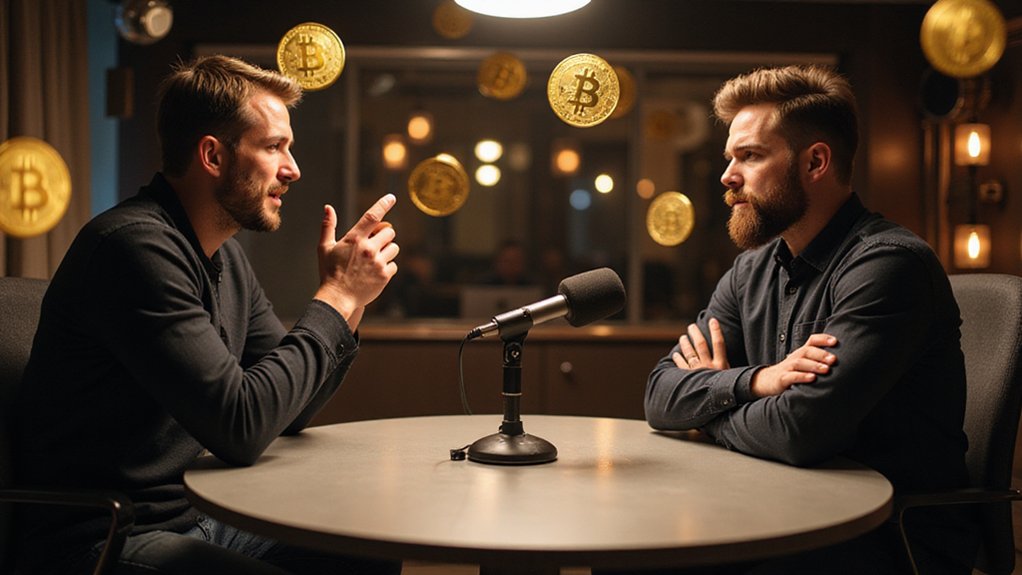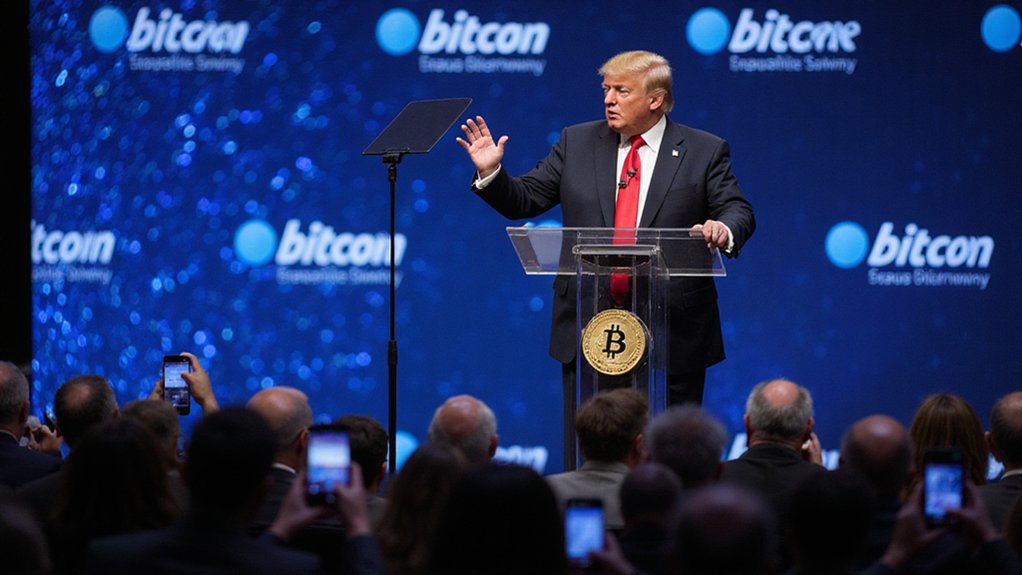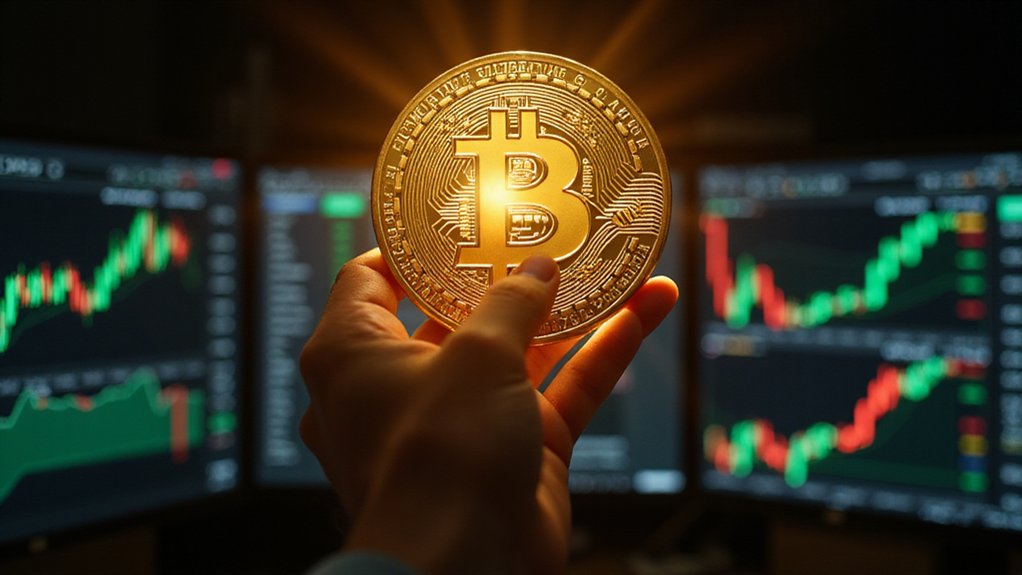When a billionaire Bitcoin maximalist publicly challenges one of America’s most influential podcasters to discuss the world’s premier cryptocurrency, the financial world takes notice—particularly when that maximalist happens to control nearly $60.5 billion worth of Bitcoin through his firm’s treasury strategy.
Michael Saylor, MicroStrategy’s co-founder whose corporate Bitcoin accumulation strategy has redefined corporate treasury management, recently extended an invitation via X to Joe Rogan after a fan account posed the question. The prospect of Saylor appearing on *The Joe Rogan Experience* has generated what the Bitcoin community generously describes as “internet-shattering” anticipation—though one could argue the internet remains structurally intact despite countless similar proclamations.
The Bitcoin community’s proclamation of “internet-shattering” anticipation conveniently ignores the internet’s remarkable resilience to such grandiose declarations.
Rogan’s relationship with Bitcoin spans over a decade, dating back to when the digital asset traded below $1,000 (a detail that certainly haunts many observers who dismissed it as digital tulip bulbs). The podcaster has repeatedly hosted Andreas Antonopoulos and other Bitcoin advocates, expressing fascination with Bitcoin’s potential as a universal viable currency. His platform’s reach—millions of listeners across diverse demographics—represents precisely the mainstream audience Bitcoin advocates seek to educate.
The timing proves particularly intriguing given Saylor’s recent observations about market dynamics. His firm recently acquired an additional 4,020 Bitcoin worth $427 million, bringing total holdings to 580,250 Bitcoin. Saylor notes that short-term holders are exiting while new long-term investors enter—a pattern suggesting market maturation rather than speculative frenzy.
For Rogan’s audience, many of whom approach Bitcoin with skepticism born from years of volatile headlines and regulatory uncertainty, Saylor represents an unusual figure: a traditionally-minded CEO who transformed his publicly-traded software company into what critics call a “Bitcoin proxy” and supporters herald as visionary corporate strategy.
The potential conversation promises to address fundamental questions about Bitcoin’s role in modern finance, institutional adoption strategies, and whether cryptocurrency represents genuine monetary evolution or elaborate speculation. A discussion between the two could explore Bitcoin’s scarcity mechanism, particularly how the capped supply of 21 million coins and recent halving events create deflationary pressure that distinguishes it from traditional monetary systems. Given Rogan’s demonstrated ability to extract substantive explanations from complex topics and Saylor’s evangelical Bitcoin advocacy, the discussion could indeed influence mainstream perception—assuming, of course, that Rogan accepts the challenge and both parties can schedule around their presumably demanding calendars.









